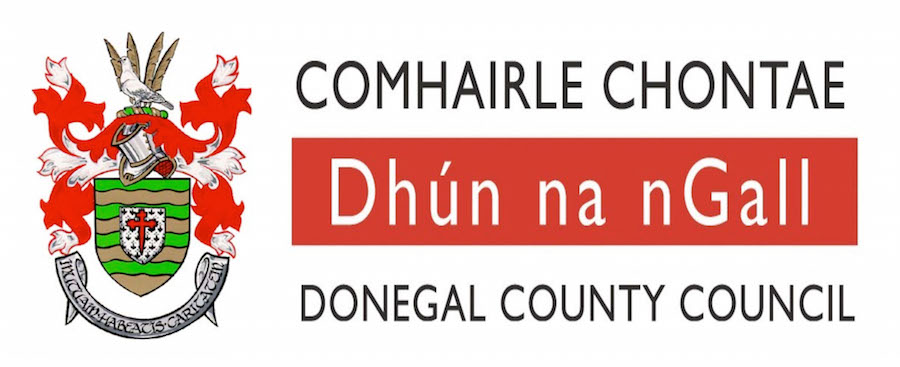Understanding the Function of Donegal County Council

Introduction
The Role of Donegal County Council
Donegal County Council serves as the principal authority for local government in the county. Its primary objective is to provide essential services and amenities to the people of Donegal, ensuring the smooth functioning of communities across the region. From maintaining roads and infrastructure to overseeing housing, planning, and environmental concerns, the council plays a pivotal role in shaping the daily lives of its inhabitants.
Operational Framework
The operations of Donegal County Council are guided by a comprehensive framework designed to facilitate efficient governance and service delivery. At its core are various departments and committees, each tasked with specific responsibilities aimed at addressing the diverse needs of the county.
Departmental Structure
- Housing and Planning Department: This department focuses on addressing housing needs, managing social housing initiatives, and overseeing the planning and development process within the county.
- Infrastructure and Transportation Department: Responsible for the maintenance and development of roads, bridges, and other essential infrastructure. This department also manages public transportation services, ensuring connectivity across the county.
- Community and Culture Department: Promotes community development initiatives, supports cultural activities, and facilitates engagement with local communities to foster a sense of belonging and identity.
- Environmental Services Department: Concerned with waste management, environmental protection, and sustainability efforts. This department works to preserve the natural beauty of Donegal while implementing measures to mitigate environmental impact.
- Finance and Administration Department: Manages the financial affairs of the council, including budgeting, revenue collection, and procurement. Additionally, this department handles administrative tasks crucial to the smooth functioning of council operations.
Committees and Subcommittees
In addition to its departments, Donegal County Council operates through various committees and subcommittees, each dedicated to specific areas of governance. These committees play a vital role in decision-making processes and policy formulation, providing a platform for councillors to discuss and address key issues affecting the county.
Structure of Governance
Donegal County Council operates under a democratic framework, with elected representatives known as councillors serving as the voice of the people. The council consists of 37 councillors, each representing different electoral areas within the county. These councillors are elected by the residents of Donegal during local elections held every five years.
Executive Functions
At the helm of Donegal County Council is the Cathaoirleach, or Chairperson, who is elected annually from among the councillors. The Cathaoirleach presides over council meetings, representing the council at official functions, and plays a crucial role in setting the agenda for council business.
Supporting the Cathaoirleach is the Chief Executive, who serves as the principal officer of the council. The Chief Executive oversees the day-to-day operations of the council, implementing decisions taken by councillors and providing strategic direction to achieve council objectives.
Decision-Making Process
The decision-making process within Donegal County Council is participatory and transparent, involving input from councillors, council officials, and relevant stakeholders. Key decisions are made through council meetings, where councillors debate and vote on various matters ranging from policy proposals to budget allocations.
Engaging with the Community
Community engagement lies at the heart of Donegal County Council’s approach to governance. The council actively seeks input from residents through public consultations, town hall meetings, and community forums. This collaborative approach ensures that the council remains responsive to the needs and aspirations of the people it serves.
Challenges and Future Directions
While Donegal County Council strives to meet the evolving needs of its residents, it faces several challenges in its pursuit of effective governance. Limited resources, demographic shifts, and infrastructural constraints are among the key issues that the council must navigate to ensure sustainable development and prosperity for the county.
Looking ahead, Donegal County Council remains committed to addressing these challenges and embracing opportunities for growth and innovation. By fostering collaboration, harnessing local talent, and leveraging technological advancements, the council aims to build a brighter future for the communities of Donegal.
Conclusion
Donegal County Council stands as a beacon of local governance, dedicated to serving the people of one of Ireland’s most picturesque regions. Through its operational framework, democratic structure, and commitment to community engagement, the council plays a vital role in shaping the present and future of Donegal. As the county continues to evolve, Donegal County Council remains steadfast in its mission to enhance the quality of life for all who call this vibrant corner of Ireland home.
